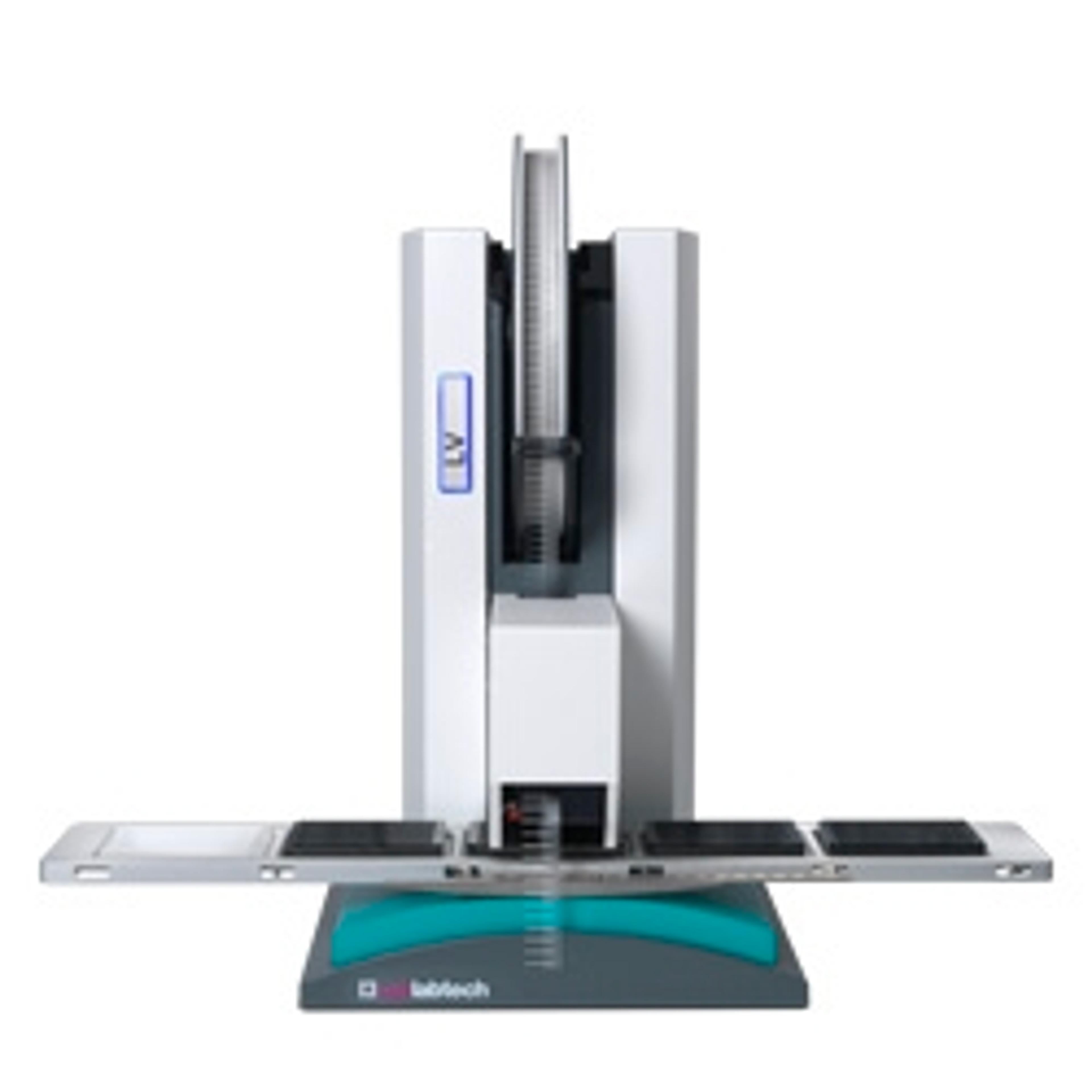Overcoming the Sample Preparation Bottleneck in Your NGS Workflow: Experts Share Advice in Upcoming Webinar
Learn about solutions for automated low-volume liquid handling for cost-effective NGS library preparation and single cell genomics
9 Jul 2018
Due to the rapid decrease in the cost of sequencing, sample preparation is often the bottleneck in NGS workflows. Volume miniaturization with automated liquid handlers can potentially solve throughput and cost challenges. However, suitable liquid handlers must provide high accuracy at low transfer volumes, while avoiding cross-contamination. Unlike traditional liquid handlers, TTP Labtech’s positive displacement pipetting technology is highly accurate in the low-microliter to nanoliter volume range.
In an upcoming webinar, scientists from MIT and from the Max Planck Institute of Immunobiology and Epigenetics show how TTP Labtech’s mosquito® liquid handlers are enabling high-throughput NGS library preparation and single cell transcriptomics.
Join us on July 17, 2018, at 16:00 BST / 11:00 EDT / 08:00 PDT / 17:00 CEST to hear from our two speakers and for a live Q&A session.
Part 1: Miniaturization of Illumina Library Preparation in a Shared Facility Setting
Stuart S. Levine, Director, MIT BioMicro Center
We demonstrate the miniaturization of a diverse set of Illumina library protocols on the TTP Labtech mosquito HV and their application to a broad variety of projects. Methods for library production with Illumina and NEB kits have been successfully implemented and are widely used. The miniaturization of these protocols has resulted in significant savings in library production cost, and in a notable increase in the average number of replicates performed by the scientists.
Part 2: High-throughput Single Cell RNA-seq from Flow-Sorted Cells Using a Novel Miniaturized CEL-seq2 Protocol
Sagar, Postdoctoral Fellow, Max Planck Institute
Single cell mRNA sequencing (scRNA-seq) is proving a very useful technology to answer many fundamental questions in biology. Plate-based scRNA-seq approaches are advantageous for the in-depth analysis of rare cell types and subpopulations selected by cell surface markers. This webinar will introduce a high-throughput process for generating sequencing libraries from single cells sorted into 384-well plates. Due to the reduction in reagent volumes achieved with a mosquito liquid handler, large numbers of cells can be sequenced in a highly cost-effective manner. Extensive benchmarking demonstrates the data quality from this scRNA-seq pipeline that underpins a number of peer-reviewed publications, notably in Cell, Nature Methods and Cell Metabolism.
Who should attend?
- All scientists involved in NGS library preparation
- Lab managers looking to maximize their NGS pipeline efficiency
- Those interested in cost-effective plate-based single cell analysis
- Everyone wanting to stay up-to-date with the latest trends in genomics lab automation

